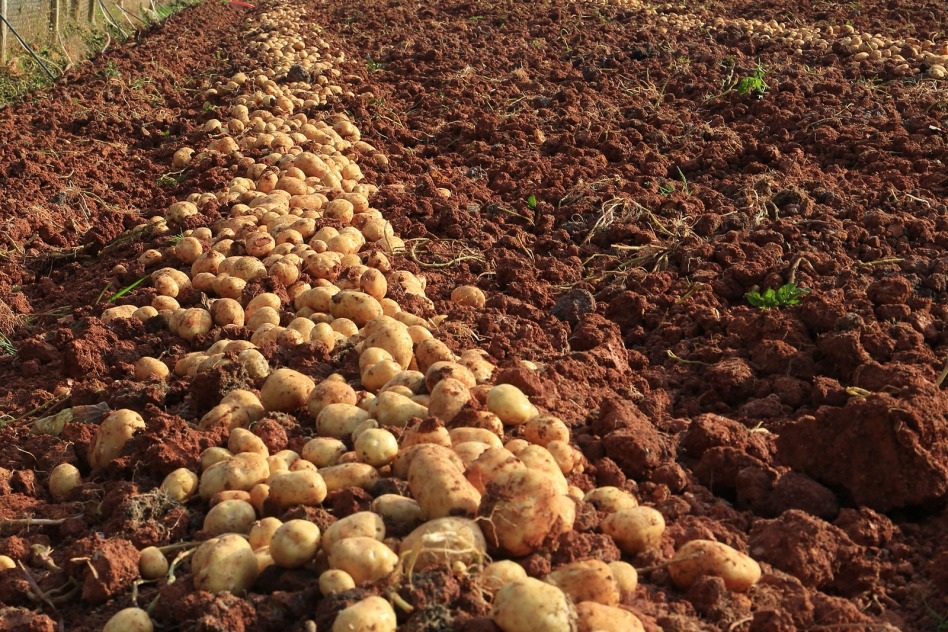
The agriculture sector continues to be affected by various factors, such as high input costs and little rainfall.
However, growth stability can be achieved through early drought support, diversification and climate-resilient measures.
This is according to Agribank’s April edition of Monthly Market Watch, which said no crisis should go to waste and that the ban on poultry importation and the low supply of potatoes could be viewed as an opportunity for farmers to strengthen the supply of such products and increase their revenue streams.
According to the report, the poultry market remains fragile due to bird flu outbreaks across the major trading nations.
During March, Namibia banned the imports of poultry products from Chile and Argentina.
According to Agribank, this presents an opportunity for local poultry farmers to enhance and intensify local production in order to compensate for losses in international supply.
Local produce
Meanwhile, the report said the Namibian Agronomic Board is continuing to put measures in place to prioritise local uptake of produce due to import border restrictions.
This does not only benefit local producers by selling their produce, but also identifies the need for other horticultural products that are in short supply to diversify their farming operations.
The April to August 2023 Vegetable Production Forecast Report indicates that the special controlled products are in surplus or shortage for the forecasted period.
The total tonnage for butternut and pumpkins was expected to be in surplus from 1 to 30 April, while gem squashes, onions and potatoes were expected to be in short supply.
Agribank said potatoes remain in high demand and farmers should be encouraged to grow more local potatoes to meet local demand.
Upsurge in livestock marketing
According to the report, the total number of cattle marketed increased by 49% to 22 052 in March this year, compared to 14 848 the previous month.
The upsurge was noted across all cattle marketing activities, with a triple-digit growth of 103% to 8 142 observed in live exports, said the report.
“We are of the view that the inconsistent rainfall that resulted in vegetation degradation between March and April has prompted farmers to sell some of their livestock to avoid stock losses due to the drought.”
According to the Meat Board of Namibia, the number of live exports and slaughter cattle is expected to continue on an upward trajectory, which could further lead to declining livestock prices.
“Farmers are reducing their herd size, conserving resources and generating income to help offset the costs of managing their livestock during the upcoming dry season.”
Sheep and goats
Similarly, sheep marketing increased by 91% to 90 380 from 47 397 in the prior month.
According to Agribank, this increase is attributed to live sheep exports to South Africa, which surged by 95% to 48 700 in March from 24 970 the previous month.
It said, on the contrary, goat marketing continues to decline, slightly reducing to 3 638 in March from 3 682 the previous month. Goats are drought-resistant animals; they are browsers, and therefore they do not depend on grasslands for feeding.
Agribank said they have observed a decrease in the price of livestock in line with the increasing supply in the month of March 2023.
Furthermore, the Electricity Control Board has announced an increase in electricity tariffs of 7.3% effective 1 July.
A potential spillover is expected for farmers who use powered irrigation systems, machinery and other farm equipment. It’s becoming increasingly important for farmers to consider renewable energy sources, such as solar, to reduce production input costs.
[Source – Republikein]
